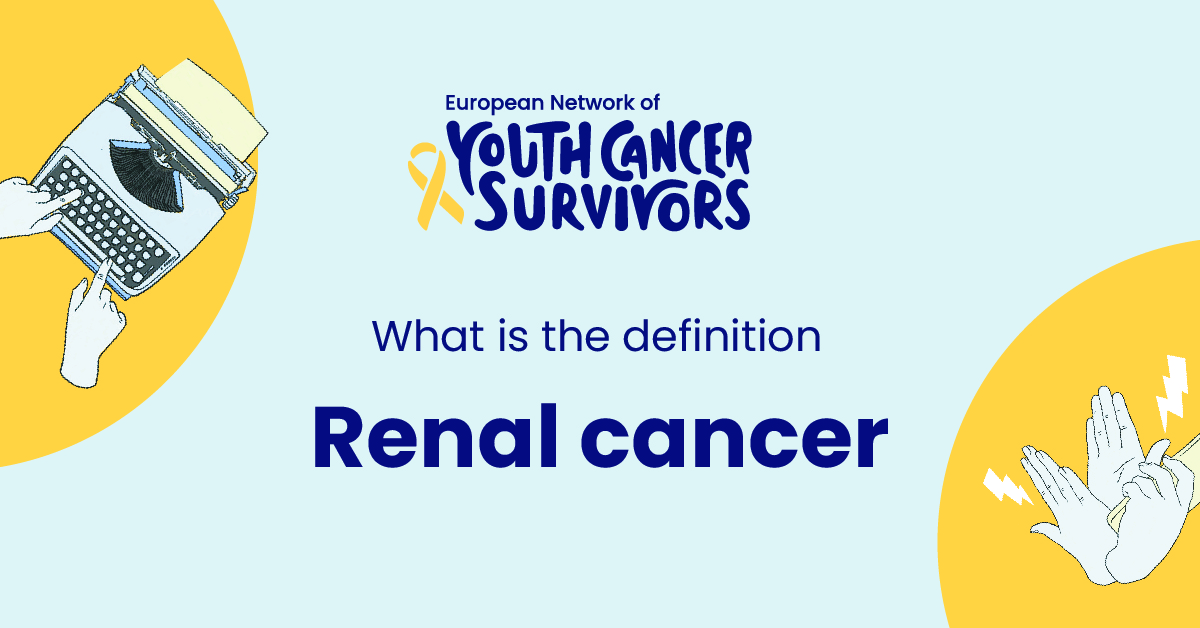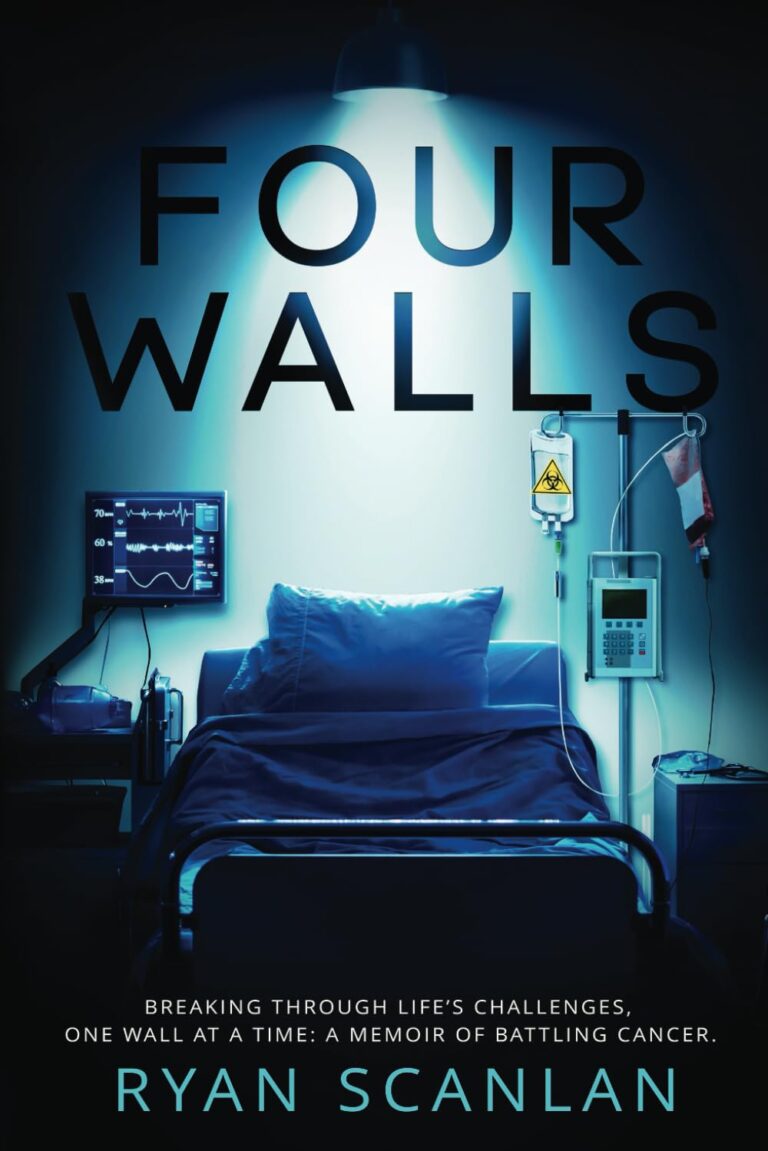
Renal cancer, a malevolent disease that is often overlooked, is a serious and potentially fatal condition characterized by malignant tumors arising from the kidney.
Definition of Renal Cancer
Renal Cancer refers to cancers that start in the kidney. For the most part, “kidney cancer” mainly refers to renal cell carcinoma, which makes up 85% of all cases. Other minor types include transitional cell carcinomas and Wilms tumors.
Brief Overview of the Disease
Renal cancer, despite its severity, often goes unnoticed due to the subtle nature of its symptoms. It primarily targets the small tubes in the kidneys – tubes responsible for filtering blood and eliminating excess waste. Slowly, these malignant cells multiply, forming a tumor and compromising the health of the individual.
Understanding the Function of Kidneys
Role of Kidneys in the Body
The kidneys are of the utmost importance in maintaining the body’s overall health. They are responsible for several key functions, including filtering blood of waste and excess substances, maintaining electrolyte balance, and regulating blood pressure.
Relation of Renal Functions to Renal Cancer
Given the kidneys’ role in filtering waste products, it’s only natural that once compromised, these functions are affected. Renal cancer primarily impacts the kidneys’ ability to filter blood properly, leading to a build-up of waste products and, in severe instances, kidney failure.
Diving Deeper Into Renal Cancer
The Meaning of Renal Cancer: A Comprehensive Overview
Renal cancer goes beyond a mere medical condition, impacting both the physical and mental well-being of patients. It’s a cancer that can quickly spread, metastasizing in other organs if not caught early on, emphasizing the importance of early detection and intervention
Types of Renal Cancer
Renal cancer comes in different forms. The most common ones being Renal Cell Carcinoma, Transitional Cell Carcinoma, and Wilms Tumor.
Renal Cell Carcinoma
This is the most common type of kidney cancer and it starts in the lining of the microscopic tubes within the kidneys.
Transitional Cell Carcinoma
Also referred to as urothelial carcinoma, it begins in the region of the kidney where urine collects before moving to the bladder.
Wilms Tumor
A rare type of kidney cancer that particularly affects children.
Get to know us better
If you are reading this, you are in the right place – we do not care who you are and what you do, press the button and follow discussions live

Causes and Risk Factors of Renal Cancer
Understanding the Causes
The exact cause of renal cancer remains unknown. However, similar to most types of cancer, it begins when a cell undergoes DNA mutation, causing it to grow and divide rapidly, forming a tumor.
Discussing the Risk Factors
Several factors raise the risk of developing renal cancer. They include family history, age, obesity, high blood pressure, exposure to certain substances, and diseases like Von Hippel-Lindau syndrome or advanced kidney disease.
Symptoms and Diagnosis of Renal Cancer
Common Symptoms
The signs of renal cancer may include blood in the urine, persistent pain in the back or side, unexplained weight loss, fatigue, and fever without any known cause.
Diagnostic Procedures
Diagnosis of renal cancer involves physical examination, urine tests, blood tests, and imaging tests such as ultrasound, CT, and MRI. In some cases, a biopsy might be necessary.
Treatment Options for Renal Cancer
Surgical Intervention
Surgery is often the first-line treatment for kidney cancer. The procedures may involve removing the entire kidney or only the tumor and a portion of the kidney.
Chemotherapy and Biological Therapy
Chemotherapy, which uses medicine to kill cancer cells, and biological therapy, which uses the body’s immune system to fight cancer, are also viable treatment options for renal cancer.
Other Treatment Options
Additional therapeutic options are available for renal cancer, including target therapy, radiation therapy, and immunotherapy.
Living with Renal Cancer
Coping Mechanisms
Living with renal cancer can be overwhelming, but establishing healthy coping mechanisms can make the journey more manageable. Joining a cancer support group, talking to a mental health professional and leaning on family and friends can be incredibly beneficial.
Lifestyle Changes
Key lifestyle changes such as maintaining a healthy diet, regular exercise, and quitting smoking can help manage symptoms and improve ones prognosis.
Conclusion: Pulling it all Together
Recap of Essential Points
Renal cancer, a life-altering disease, has serious implications for both physical and mental health. It primarily affects the kidneys, with the potential to spread to other organs – emphasizing the pivotal role of early detection and intervention.
Importance of Early Detection and Management
The sooner renal cancer is detected and treated, the better the chance of survival. Apart from this, good management can help ensure a better quality of life for survivors and those living with the disease.
FAQs
1. What is the main cause of renal cancer?
The exact cause of renal cancer is unknown, but risk factors like obesity and high blood pressure can contribute to it.
2. What are the early signs of renal cancer?
Early signs include blood in the urine and persistent back or side pain.
3. How is renal cancer diagnosed?
Renal cancer is diagnosed through physical examination, urine and blood tests, and imaging tests.
4. What types of treatment are available for renal cancer?
Treatment options include surgery, chemotherapy, biological therapy, and other therapies like radiation.
5. How will living with renal cancer affect my daily life?
Daily life may change according to the stage of the cancer and type of treatment. Many can live healthy lives, but others might need long-term care.

















Comments
Thank you. Comment sent for approval.
Something is wrong, try again later